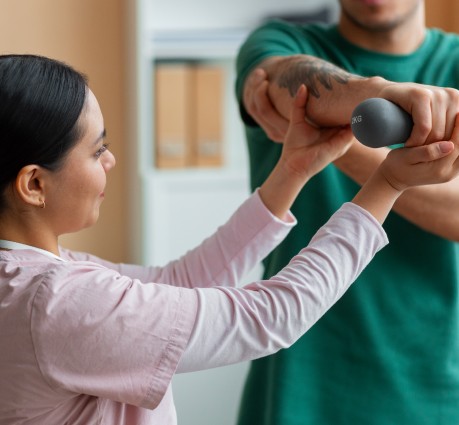Over the years, physiotherapy has evolved significantly to meet the needs of society. Today, physiotherapists practice in various clinical settings, taking on unprecedented professional responsibility. They are integral members of primary care teams, playing a crucial role in the prevention of disability, the promotion of positive health, and serving as consultants in restorative care. Physiotherapists work in diverse environments, including outpatient clinics or offices, inpatient rehabilitation facilities, extended care facilities, homes, educational or research centers, schools, hospitals, industrial workplaces, fitness centers, and sports training facilities. A Bachelor of Physiotherapy (BPT) course is an excellent pathway to join this rewarding profession. If you are searching for the best BPT course in Bhopal, look no further RNTU (Rabindranath Tagore University) is the best university for BPT course in bhopal. RNTU offers a comprehensive curriculum and hands-on training that prepares students for a successful career in physiotherapy.
Duration of programme
Level of Study

Study of the structure and organisation of the human body.
Understanding surgical procedures and obstetric care
Exploration of musculoskeletal conditions and treatments.
Understanding research methods and statistical analysis in healthcare
PO6: LIFE-LONG LEARNING: Develop educational experience for proficiency in a profession and promote preventive and rehabilitative aspects of a healthy individual.
Eligibility Criteria
10+2 pass with 50% in PCB.